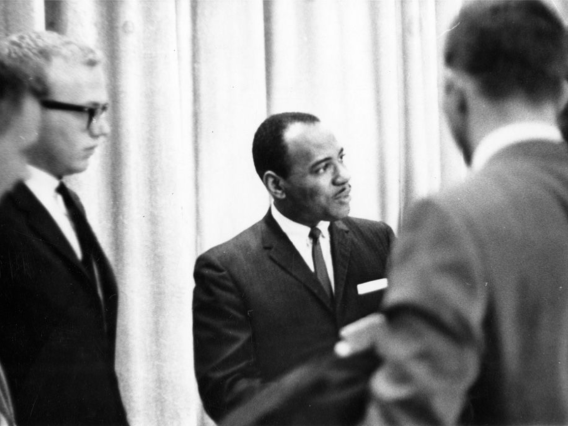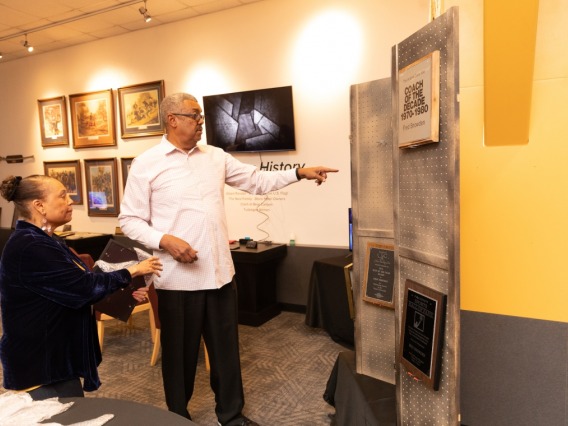
Beyond Legacy: Justice & Action in the 21st Century
Learn more about the University of Arizona's inaugural observance of Juneteenth.
Juneteenth 2024 Celebration
Juneteenth 2023 Celebration
History of Juneteenth
Juneteenth is one of the oldest celebrated commemorations of the end of slavery in the United States. While the Emancipation Proclamation was signed in 1863, it could not be fully enforced in states still under Confederate control and, as a result, hundreds of thousands of Black people remained enslaved. More than two years later, on June 19, 1865, Union soldiers arrived in Galveston, Texas and announced that the Civil War had ended, and all enslaved people were free. This momentous day became known as Juneteenth.
In 2021, Congress passed, and President Biden signed, legislation naming Juneteenth a federal holiday in recognition of the history and process of emancipation in the 19th century, the ongoing struggle for liberation, and the cultural traditions and resilience of African American communities in the United States.

Get to Know Black UArizona
The University of Arizona is home to many talented faculty, staff, and students whose work makes our community better.

Beyond Juneteenth Committee
The Beyond Juneteenth Committee will plan a yearlong program as a means of promoting awareness of the holiday and its significance within the struggle for racial justice in the United States.

Events
Find out about events happening on the University of Arizona campus and in the local community.

Black History in the Southwest
The Southwestern United States holds a rich history of Black settlers, families, and innovators.

Community Resources
Explore resources available to the community about Black history, community connection, and education.

Holiday Policy
The University of Arizona will recognize Juneteenth as an official paid University Holiday beginning in 2023.
Why The Name "Juneteenth"
Until recently, Juneteenth has not been recognized or observed at the federal or state levels. While June 19th is the official date of the holiday, historically many celebrations took place on whichever weekend day was closest to June 19th. This evolved into the holiday being called "Juneteenth".
Our Mission
The Beyond Juneteenth initiative will promote awareness of the holiday and its significance within the struggle for racial justice in the United States. Our observance of Juneteenth will go beyond marking this single historic day in U.S. history and will illuminate and celebrate the history of African Americans in the Southwest and the impact Black Americans have had in shaping our state and our region.


